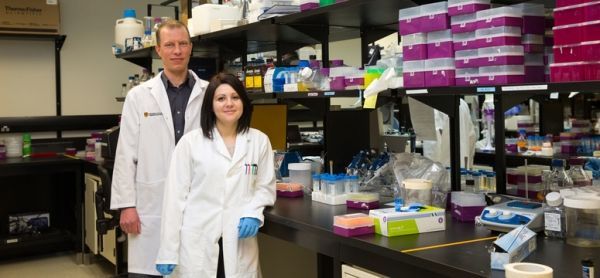Environmental policy guided by science saves lives, money, and ecosystems. So, reports a team of eleven senior researchers in Environmental Science & Policy. Using air pollution in the United States as a case study, they highlight the success of cleanup strategies backed by long-term environmental monitoring.
articles
Reefs help protect vulnerable Caribbean fish from climate change
New research from UBC’s Institute for the Oceans and Fisheries suggests that larger reef areas may help protect the Caribbean’s coral reef fish communities from the impacts of ocean warming.
6,000 years of sea level variations measured to the centimetre!
Geologists are today anticipating a rise in ocean levels of between 80 and 180 centimetres by 2100. But to fine-tune this prediction and upgrade the models underpinning it, we need to know about the recent past in greater detail – on a scale of a few thousand years instead of the millions of years that geologists usually work with. This tour de force was achieved by an international team of researchers that included the University of Geneva (UNIGE). The scientists succeeded in reconstructing the sea-level curve over the last 6,000 years in French Polynesia with unmatched accuracy: to within one centimetre. The research, which is based on analysing coral microatolls, is published in Nature Communications.
Male squirrels kill offspring of rivals in years when food is plentiful, study shows
In years when food is abundant for squirrels, males kill the young of rival males, according to new research from University of Alberta biologists.
Decade-Long Study Helps 21 Million Chinese Farmers Cut Fertilizer Use
Millions of Chinese farmers have cut fertilizer use, reduced greenhouse gas emissions, and increased crop yields after adopting new region-specific management practices, according to a 10-year study published recently in the journal Nature.
New diagnostic method makes testing for infections in people and animals quick and easy
Researchers in the University of Calgary Faculty of Veterinary Medicine (UCVM) have developed a fast, portable and inexpensive way to test humans and animals for different types of chronic and infectious diseases. This new “point of care” method tests for signals of infection, such as specific antibodies, in blood, milk or saliva samples.










